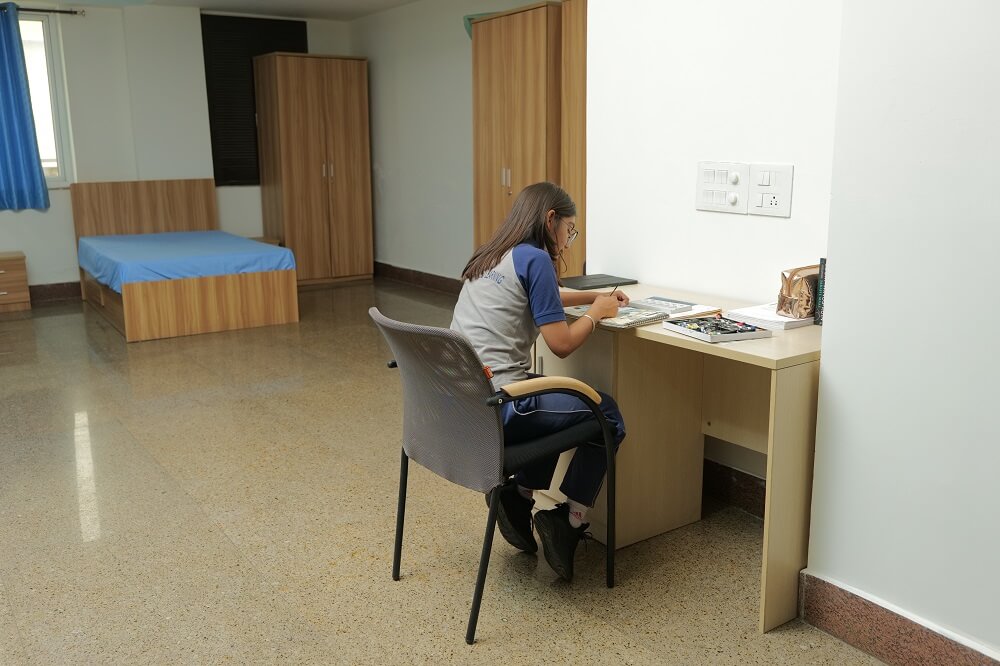Teaching self-control to kids is like riding a roller coaster – it can be both thrilling and terrifying at the same time! However, as adults, it’s our responsibility to guide our little ones through this exciting journey and help them develop the life skill that will serve them well for the rest of their lives.
However, there are many challenges when it comes to teaching self-control to kids. One of the most significant challenges in teaching self-control is that it’s a skill that takes a lot of time to develop. Moreover, since children are naturally impulsive and emotional, it is generally tough to get them to slow down and think before acting. Another challenge is that every child is different, and what works for one may not work for another. Whether it’s positive reinforcement, structure and discipline, or a combination of both, there’s no one-size-fits-all solution.
That’s why it’s essential to be creative and find the best approach for your child’s personality and learning style. At Excelsior American School, positioned among the best schools in Gurgaon, we firmly believe that with the right tools and techniques, we can help them learn to manage their emotions, control their impulses, and delay gratification. No matter how big the challenge appears to be, there are plenty of solutions to help your child develop self-control. To make things easier, we have listed some highly effective tips you can follow to develop a sense of self-care in your kids. Let’s have a quick glance at them below.
- Avoid Potential Temptation Following the Out of Sight, Out of Mind Principle
Even high-functioning adults have been known to lose control upon seeing things they love. As such, expecting kids to develop strong self-control faster is actually not fair. It only leads to setting wrong expectations. A great way to help kids practice self-control is by keeping temptations or distractions at bay.
For example, if your kid is really small, you may avoid taking them to the sweet aisle of your nearest supermarket or put away a toy that can become a potential fighting reason during a playdate. Older children should be kept away from distractions like electronic devices while they do their homework or study. Eventually, you can teach your kids to identify temptations and ways to eliminate them.
- Incentivise Self-Control
Who doesn’t like receiving rewards for completing certain activities? Well, trust us; kids love it! If your children have poor self-control abilities, a better way to start their self-control journey is by incentivizing them. You can either give them a small treat when they identify and resist temptations or explain the reward they may get in the future if they don’t give into the temptation of impulse buying, avoiding homework completion, etc.
At Excelsior American School, we use praise as an incentive to help kids exercise self-control. For example, whenever kids exercise their self-control to complete a project within a strict deadline instead of delaying it for any reason, we praise them for acknowledging their efforts and behavior. You can follow the same technique at home for visible results.
- Support Kids with Timely Reminders
Kids can find it challenging to remember the rules or guidelines you set for them to exercise self-control. It is where supporting them with timely reminders can help. If you have decided to play games with your kids that test their impulse actions, we recommend reminding them of the rules before every level starts. Doing so will enable the kid to quickly check their impulse before playing further, helping them identify impulse triggers and act accordingly.
Similarly, you can set multiple reminders for your kids that alert them throughout the day. With consistent efforts, you will notice your kids have made it a habit to check their impulses before taking any sudden action and act accordingly.
- Play Fun Games
You can make children learn things faster when they’re taught using a fun method. If you want to develop self-control in your kids, you can start by playing simple yet fun games like ‘Red Light, Green Light’ with them. In this game, the child is supposed to move forward when he hears the words ‘Green Light’ and freeze on hearing the words ‘Red Light.’
This interesting game is built around following directions, but with a twist. Once kids get acquainted with the rules, you reverse them and start playing again. It helps test their ability to adjust to rules and perform something against their habit. You can come up with more such fun games designed to inculcate self-control in children. At Excelsior American School, one of the best schools in Gurgaon, we arrange similar fun games for our pupils so that they learn to develop self-control while enjoying the process.
Conclusion
As parents, you may face numerous challenges while training your little ones to develop self-control. Being unaware of the discipline techniques, dealing with emotions, modeling behavior, setting age-appropriate expectations, and being consistent are some potential challenges. However, keep in mind, you will see satisfying results only when you approach the problem with the right attitude and remain consistent in your efforts.


